When it comes to beloved movies remember that your opinion is really the only one that matters. If you enjoy a film (or think you will) then watch it, reviewers be damned. Still worried about what others may think? Well, even some of the best movie reviewers often don’t see a film the way it’s meant to be seen, and the world shows them how wrong they were by making the movie into a huge hit.
Want a few examples? In Roger Ebert’s storied career he reviewed some of the most well-respected films in history, but just because he reviewed them doesn’t mean he predicted or hindered their success. Here are just a few examples of movies Ebert hated that the world loved.
Hocus Pocus
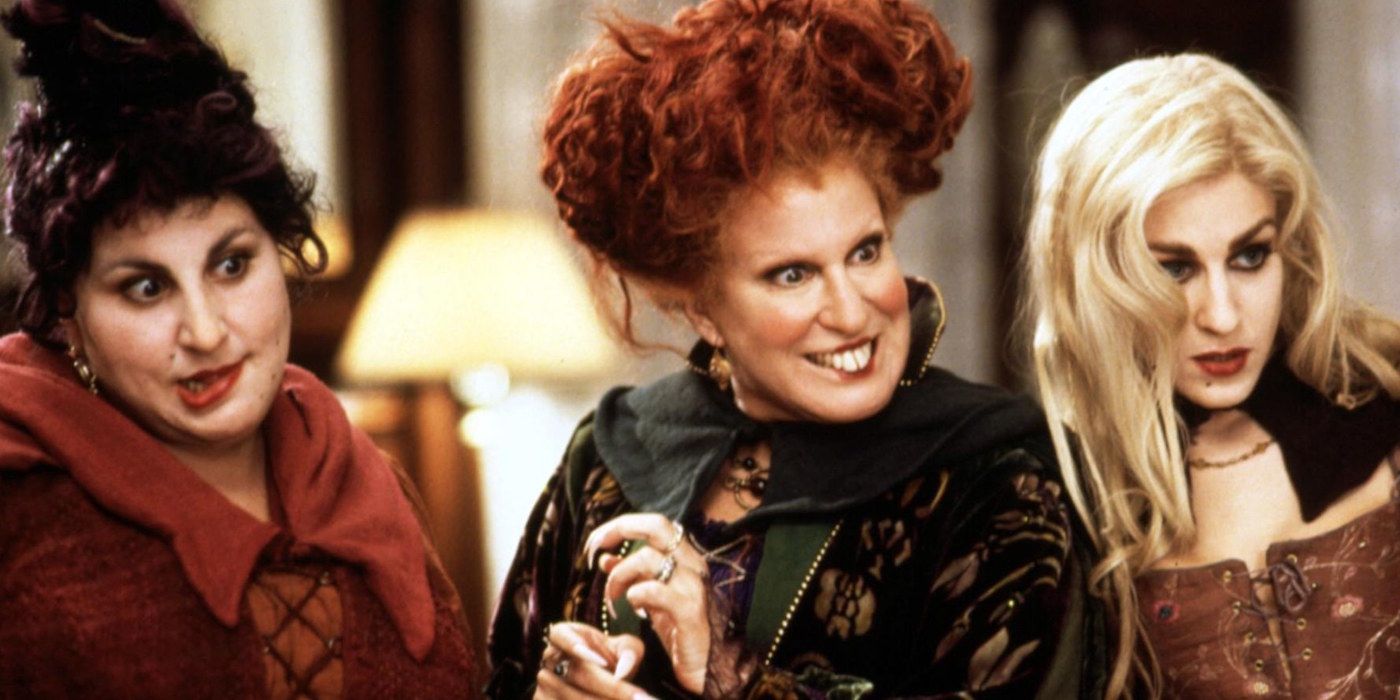
Ebert often seemed like a pretty serious guy so maybe he was just never going to understand that amazing Halloween hilarity that is the Disney film Hocus Pocus. Sarah Jessica Parker and Bette Midler as witches brought back from the dead and focused on staying young and powerful forever?
Ebert wrote, “watching the movie is like attending a party you weren’t invited to, and where you don’t know anybody, and they’re all in on a joke but won’t explain it to you.” It’s just good fun to watch the witches try and understand the meaning of Halloween and, you know, also put on their own concert. The film only received one star from Ebert, but even twenty years after its premiere the world is still enjoying it.
A Clockwork Orange
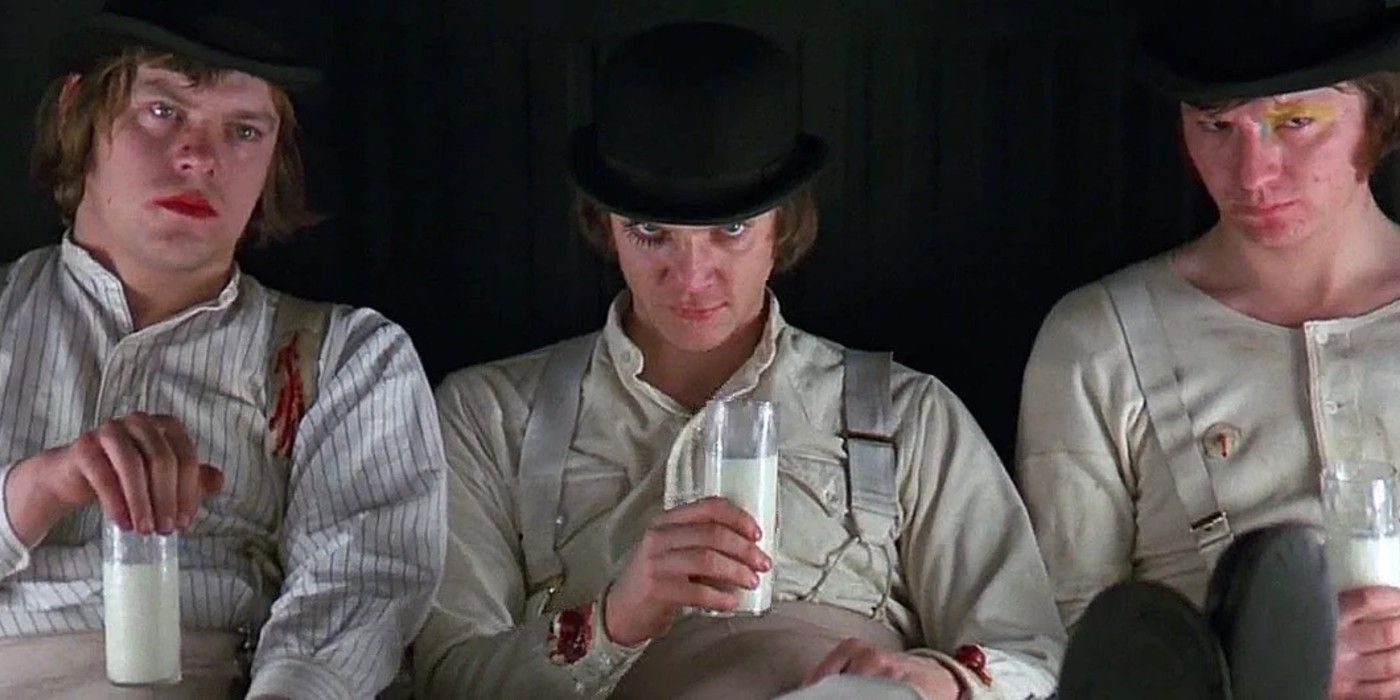
A Clockwork Orange is a crazy movie based on an equally crazy book. This violent and dystopian future was always going to be insane on-screen. Maybe Ebert was hoping for more from a Kubrick movie, but two stars (while kinder than his review for Hocus Pocus) was a little low for this now cult classic.
“A paranoid right-wing fantasy masquerading As an Orwellian warning,” Ebert wrote.
Donnie Darko
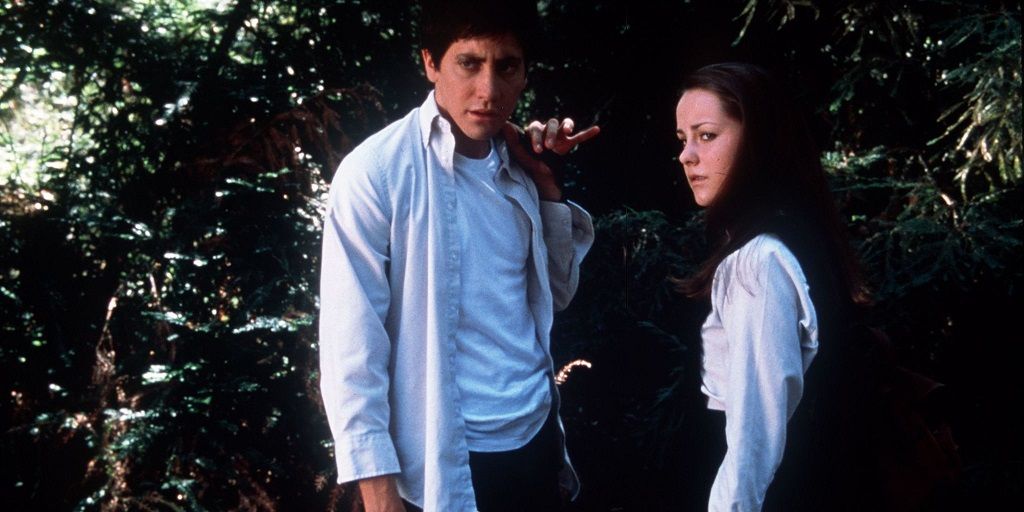
With two and a half stars Ebert did not have more positive feelings for Donnie Darko starring Jake Gyllenhaal than he did for Malcolm McDowell and A Clockwork Orange. Both Clockwork and Darko continue to be viewed by movie-obsessed young people every year.
Something still connects with audiences, especially teenagers, when it comes to the dark 2001 movie. “Control fades in the closing scenes,” wrote Ebert, “and our hands, which have been so full, close on emptiness.” He wasn’t wrong, but people still enjoyed it.
Fast Times at Ridgemont High
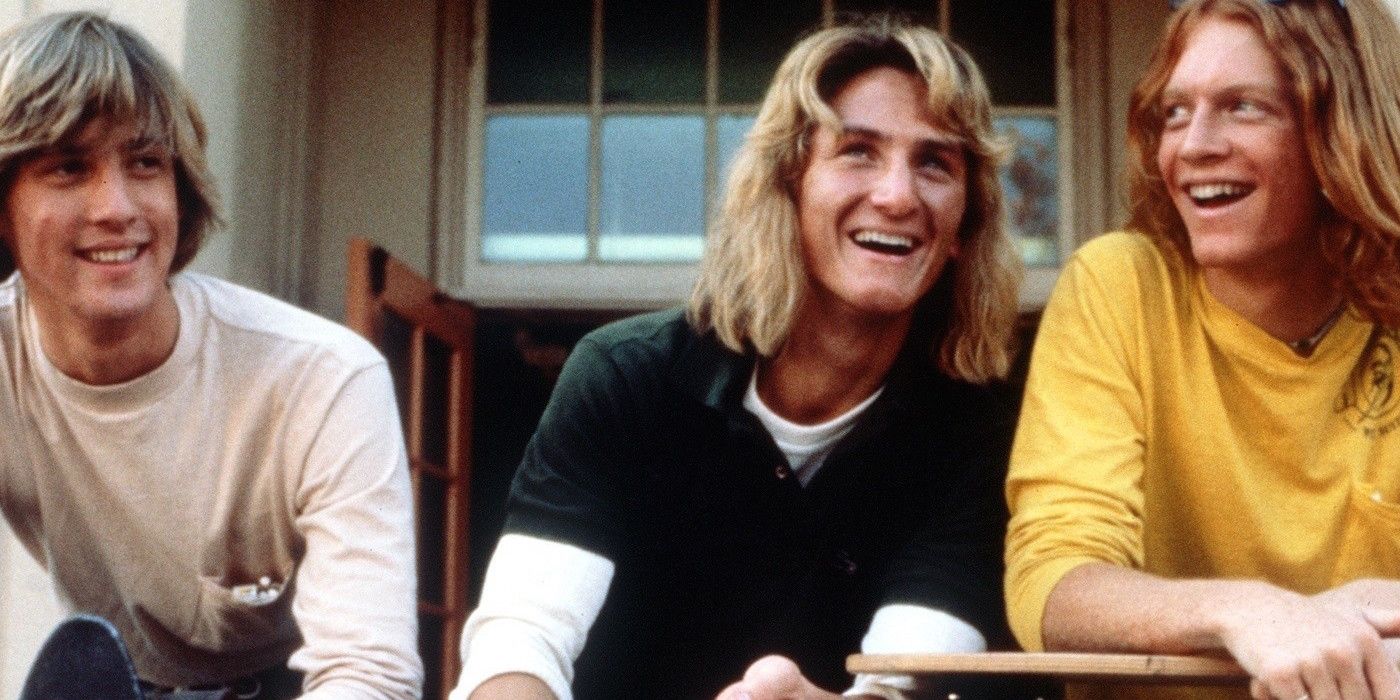
Like Hocus Pocus Ebert only offered Fast Times a one-star review. He described the film as a “scuz-pit of a movie.” Sometimes a film doesn’t have to be dark and serious, or about adults, to be important, enticing, or at the very least entertaining.
Fast Times showed some ridiculous antics that, for a lot of viewers, weren’t so ridiculous. Like John Hughes’ teen films, Fast Times met teens where they were and didn’t have to offer a moral message to be a good story.
Dead Poet’s Society
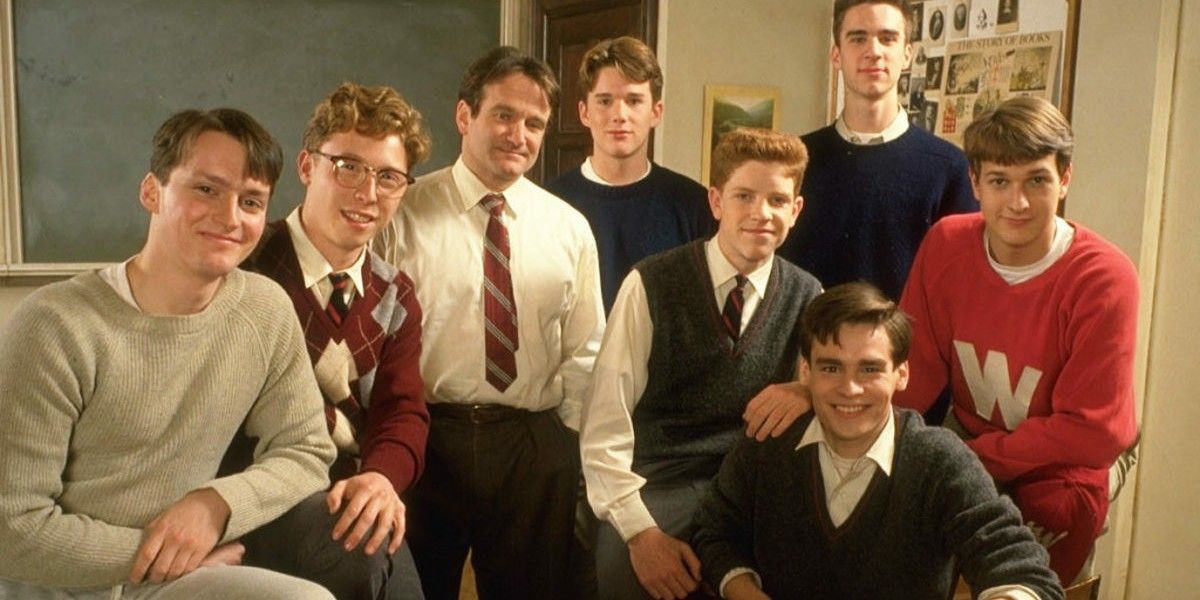
Like A Clockwork Orange Ebert saw this film and its focus on a very different set of teens as being worth only two and a half stars. He described the movies as, “a collection of pious platitudes masquerading as a courageous stand in favor of something: doing your own thing, I think.”
Fans were far more embracing of the inspiring tale of literary obsessed boarding school boys finding their way and learning about loss in a film that has already outlasted many of its stars.
The Professional
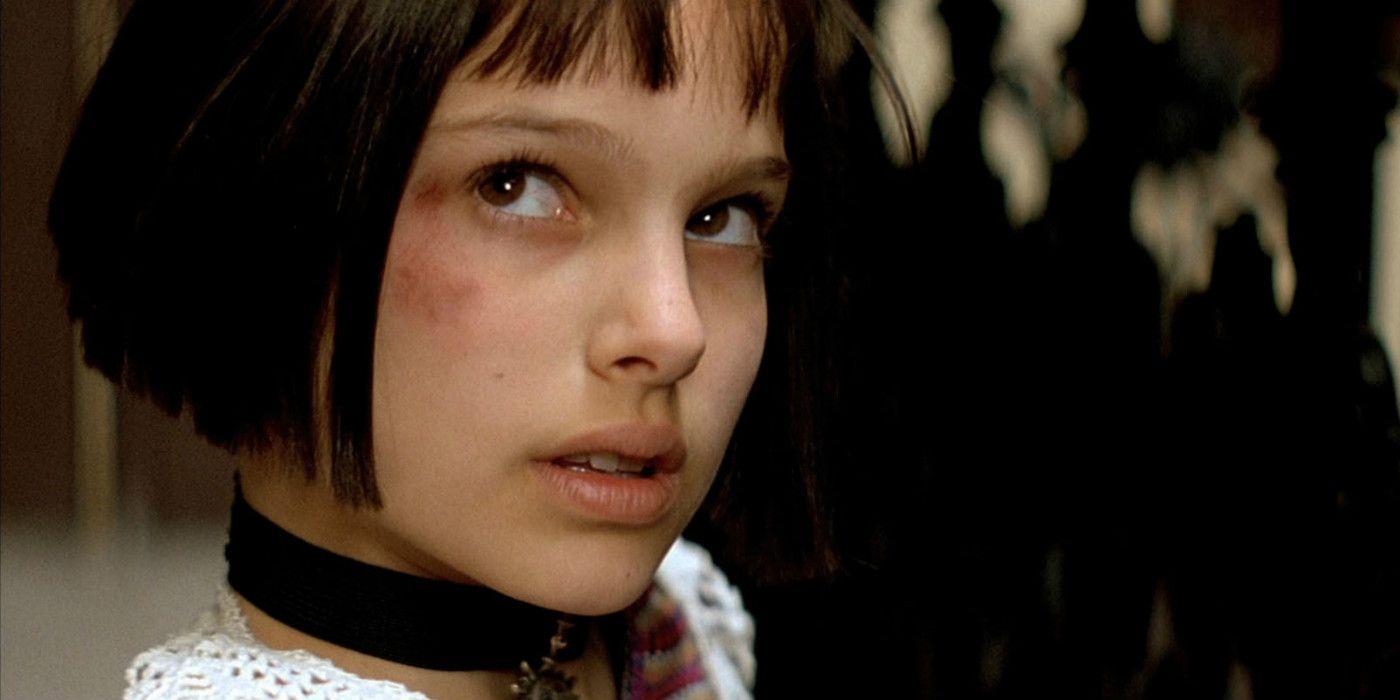
Natalie Portman’s’ amazing debut at the age of twelve didn’t impress Ebert when it came to The Professional. In fact, it was the star’s age that he had trouble with. The “Heroine is 12 years old,” he wrote, “and we cannot persuade ourselves to ignore that fact. It colors every scene, making some unlikely and others troubling.”
Like Donnie Darko Ebert only saw it as a two and a half star film. The movie still resonates even more than two decades after its premiere, and Natalie Portman has only seen her career grow.
The Usual Suspects
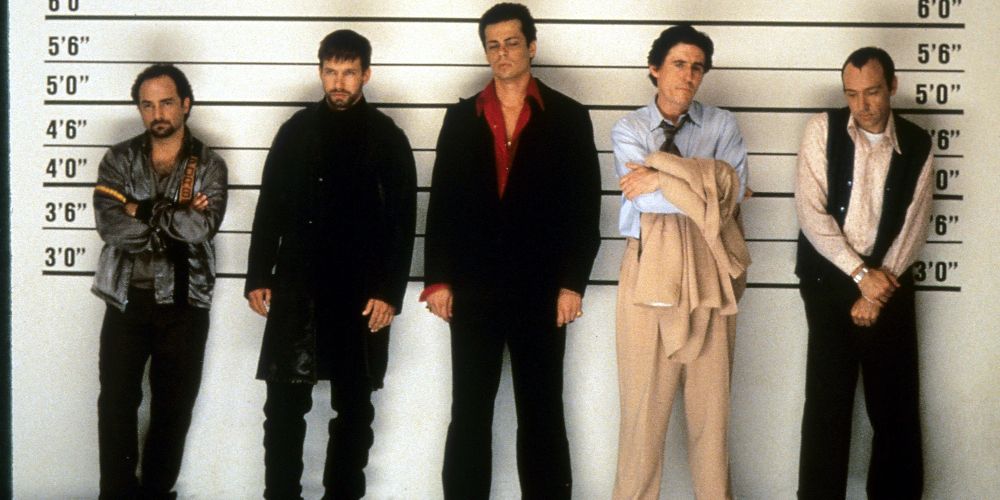
Bryan Singer’s 1995 classic, The Usual Suspects, along with its all-star cast including a young Benicio Del Toro, went on to win two academy awards, including one for best original screenplay, but it only got one and a half stars from Ebert. “To the degree that I do understand,” he wrote of the plot, “I don’t care.”
The film still ranks as one of the top screenplays of all time, even as some of its actors and its director have, rightfully, fallen out of favor.
Gladiator
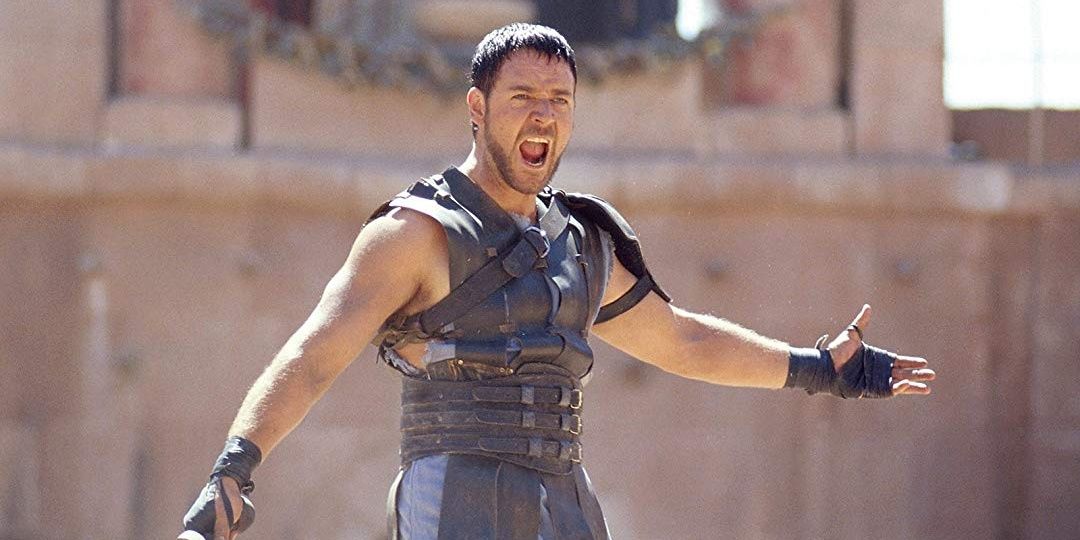
“Are you not entertained?” Ebert wrote of the epic, Gladiator, “The film looks muddy, fuzzy and indistinct.” Even so, it went on to win five academy awards (including best picture).
The film is a relatively historically accurate depiction of Rome and the “I shall have my vengeance,” speech from Russell Crowe remains a classic. But the failure of the art direction sunk the film to two stars on the Ebert scale.
Fight Club
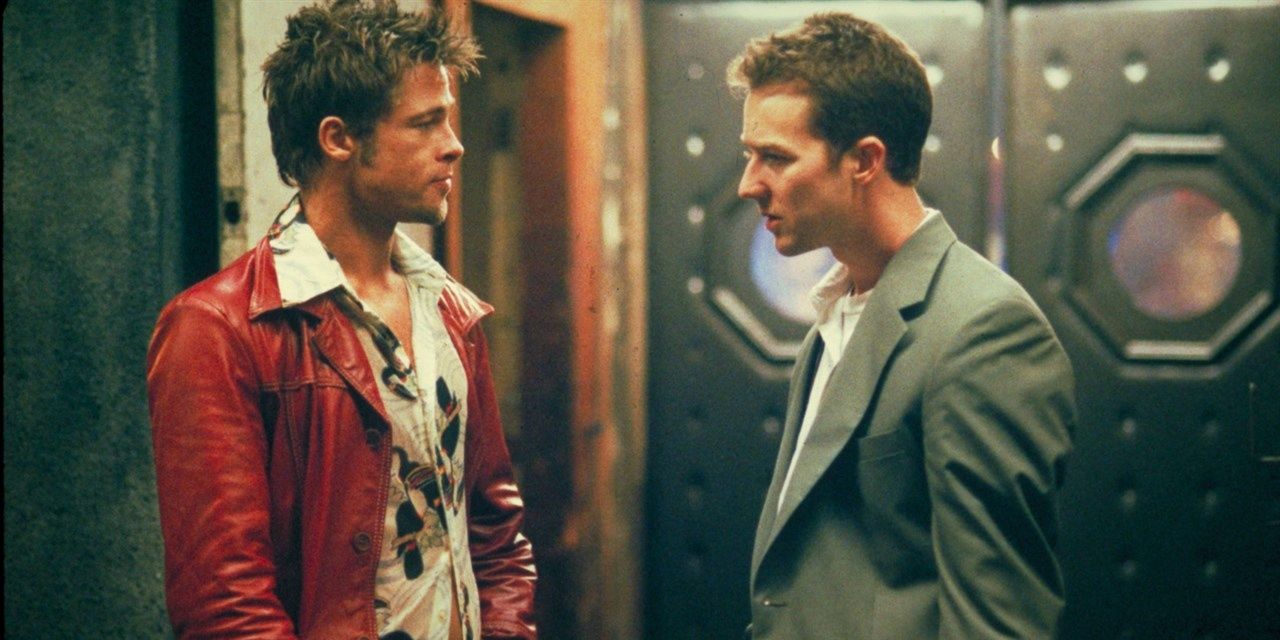
Fight Club when reviewed by Roger Ebert was called, “Macho porn — the sex movie Hollywood has been moving toward for years, in which eroticism between the sexes is replaced by all-guy locker-room fights.” Thus Ebert only gave the film two stars in his review.
It seems the wider world was able to embrace the movie anyway. The groundbreaking style of the film certainly helped to make the film a continued success once it hit DVD.
Butch Cassidy and the Sundance Kid
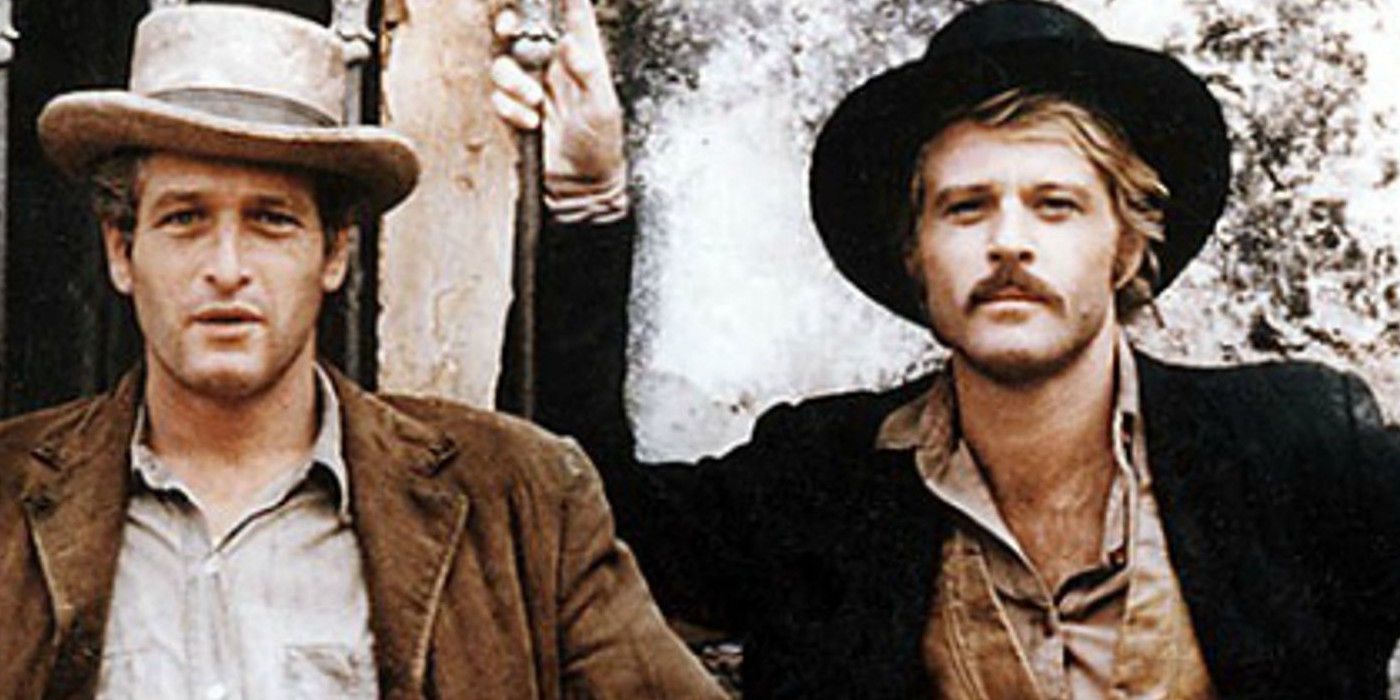
This 1969 film classic starring legends Paul Newman and Robert Redford only received two and a half stars from Roger Ebert who said, “the completed film is slow and disappointing.” Again, like The Usual Suspects, the film went on to win a number of Academy Awards, including one for best screenplay.
Today the film has a place on the National Film Registry and is ranked as the 7th greatest Western film of all time by The American Film Institute. That’s quite a legacy for Butch Cassidy in the end.




